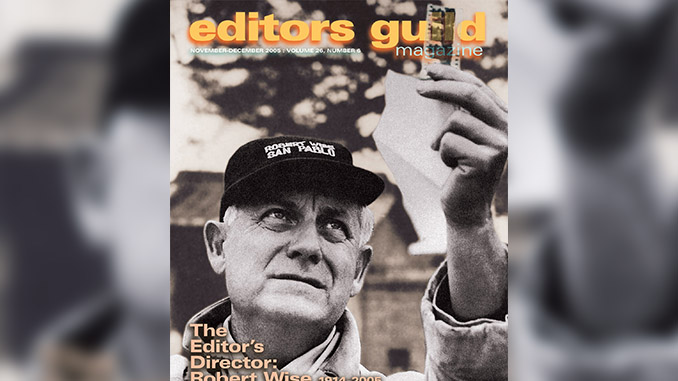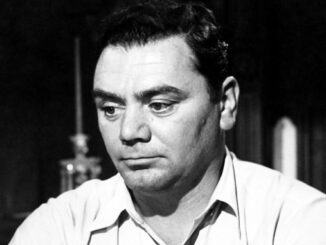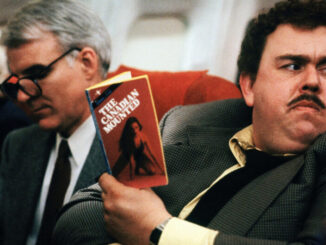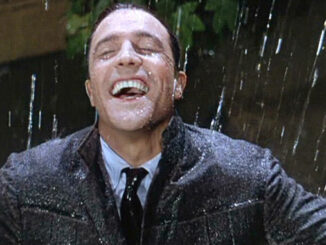
I read with interest the tribute pieces to Robert Wise (Editors Guild Magazine, NOV-DEC 05) and wanted to write because I, too, had an interaction with Wise—when he gave me what may have been one of his final interviews.
It was November 2004, and I was at work on my book on Orson Welles. A collection of interviews I conducted with the director’s colleagues, it will be published by McFarland & Company in 2006. At that time, Wise was the last surviving crew member from Citizen Kane, and I considered it crucial that I speak to him. That isn’t to suggest that Wise hadn’t given innumerable interviews about Welles over the years. As my friend, biographer Vincent LoBrutto, pointed out to me, Wise had given this interview countless times, yet he continued to give it because he knew what an important part of film history he played.
After Dann Cahn, another legendary editor interviewed for the book, generously directed me to Wise’s office, I submitted an interview proposal, not feeling overly optimistic. Wise was no stranger to questions about Welles. However, only several weeks later I received a phone call from his assistant, who informed me that Wise had agreed to speak with me.
During the phone call last December, I instantly recognized the Midwestern voice that I knew so well from the commentary tracks on the DVD releases of his films. Although he had passed his 90th birthday just over three months before our conversation, his mind was incredibly sharp, his memories remarkably precise and full of stories about editing Kane and, later, The Magnificent Ambersons.
I particularly enjoyed his account of how he worked out the legendary “breakfast scene” in Kane over several weeks: “We would get a version of it that we liked and thought was pretty good, and then we’d put it away for awhile. And then we’d get it out again, look at it and say, ‘Well, no, maybe this whip pan could be done here,’ or ‘This one should be a little faster’; whatever.”
Wise had given this interview countless times, yet he continued to give it because he knew what an important part of film history he played.
He succinctly contrasted Kane and Ambersons for me, explaining, “They were different pictures. Kane was kind of just a neat package itself. Ambersons was long and there were performances that got laughed at… It was a different kettle of fish.”
Wise’s kindness as a man is spoken of frequently by those who knew him. That quality came through in spades during the time I spent on the phone with him. I can’t conceive of a more courteous interviewee or one more generous with his time.
Alas, my one regret is that we weren’t able to discuss any of Wise’s own great films. I stuck only with questions dealing with Welles. On his own initiative, however, he treated me to a brief history of how he came to direct his first film, The Curse of the Cat People, as an afterthought to a question I had about Kane. It was a gift to hear him speak to me personally about the beginning of his directorial career, and one that I will always treasure.
I closed our conversation by promising to send him a copy of my book when it was published. I had so looked forward to doing so.
Robert Wise was not only a great film director, producer and editor, but a great man.
Peter P. Tonguette
New Albany, Ohio






